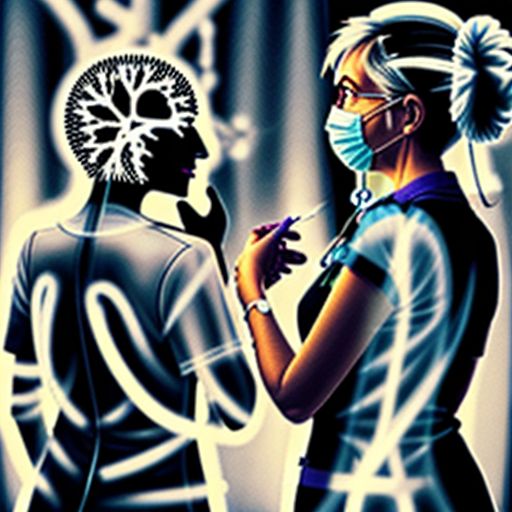Imagine a persistent cough that just won’t quit or unexpected shortness of breath after a simple walk. These could be early signs of lung cancer, a disease affecting millions worldwide. Among the different types, non-small cell lung cancer (NSCLC) is the most common, accounting for about 85% of cases. This article delves into the intricacies of non-small cell lung cancer treatment, exploring available options and shedding light on crucial aspects of this complex disease.
What Does Non-Small Cell Lung Cancer Treatment Entail?
Non-small cell lung cancer treatment is not a one-size-fits-all approach. Treatment plans are highly individualized, taking into account factors such as:
- Stage: How advanced is the cancer, and has it spread to other parts of the body?
- Location: Where is the tumor located within the lung?
- Overall Health: What is the patient’s age, overall health, and pre-existing conditions?
- Genetic Mutations: Are there specific genetic changes in the tumor cells that can be targeted with therapy?
Based on these factors, doctors develop a personalized strategy to target the cancer and manage symptoms.
Exploring the Different Types of Non-Small Cell Lung Cancer Treatment
1. Surgery
For early-stage NSCLC, surgery is often the primary treatment. The goal is to remove the tumor and any potentially affected lymph nodes.
2. Radiation Therapy
This approach uses high-energy rays to destroy cancer cells or stop them from growing. Radiation therapy can be used:
- Before surgery: To shrink the tumor
- After surgery: To kill any remaining cancer cells
- As the main treatment: If surgery is not an option
3. Chemotherapy
Chemotherapy drugs are designed to kill rapidly dividing cells, including cancer cells. It can be administered:
- Intravenously (IV): Through a vein
- Orally: In pill form
4. Targeted Therapy
This type of treatment focuses on specific vulnerabilities within cancer cells. Targeted therapies are often used in combination with chemotherapy or other treatments.
5. Immunotherapy
Immunotherapy drugs work by boosting the body’s own immune system to fight cancer. It can be used:
- Alone
- In combination with other treatments
treatment.phatgiao60s.com/wp-content/uploads/2024/07/lung-cancer-treatment-669519.jpg" alt="Lung Cancer Treatment" width="512" height="512">Lung Cancer Treatment
Common Questions About Non-Small Cell Lung Cancer Treatment
Navigating a cancer diagnosis can feel overwhelming. Here are answers to some frequently asked questions:
What is the life expectancy for someone with non-small cell lung cancer?
Life expectancy varies widely depending on the stage at diagnosis, overall health, and response to treatment. It’s crucial to discuss your individual prognosis with your doctor.
What is the best treatment for non-small cell lung cancer?
There is no single “best” treatment. The optimal approach is determined through careful consideration of the factors mentioned earlier, and a multidisciplinary team of specialists will work together to create a tailored plan.
Is non-small cell lung cancer curable?
While a cure is not always possible, many people with NSCLC achieve long-term remission with treatment. Early detection and treatment significantly improve the chances of a positive outcome.
The Importance of Early Detection and a Multidisciplinary Approach
Early detection is paramount in the fight against NSCLC. If you experience any persistent respiratory symptoms, consult your doctor promptly. Remember, a multidisciplinary team of oncologists, surgeons, radiologists, and other healthcare professionals will work together to guide you through every step of your treatment journey.
